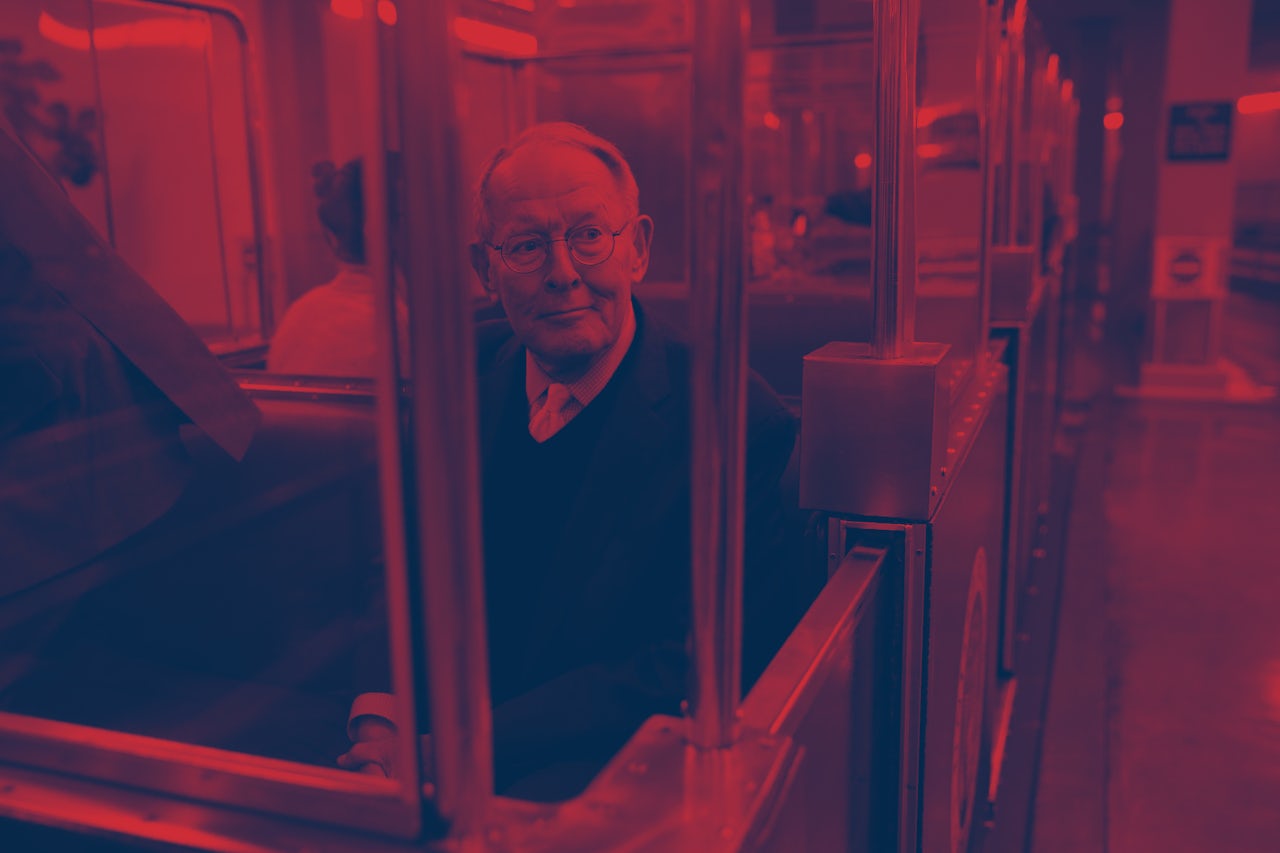On Wednesday, amid widespread cancellations of public gatherings and attempts by many companies to allow employees work from home to try to curb the spread of COVID-19, a bill appeared before the U.S. Senate. Introduced by Democratic Washington Sen. Patty Murray, the proposal would mandate the accrual of seven days of paid sick leave, extended to 14 days in case of a public health emergency.
“For many of our workers ― restaurant workers, truck drivers, service industry workers ― they may not have an option to take a day off without losing their pay or losing their job,” the senator said in session. “That’s not a choice we should be asking anyone to make in the United States in the 21st century.”
But Tennessee Sen. Lamar Alexander, a Republican and the chair of the Senate Health, Education, Labor and Pensions committee, registered an objection to stop the bill in its tracks.
"The idea of paid sick leave is a good idea,” he conceded. “But if Washington, D.C., thinks it's a good idea, Washington, D.C., should pay for it." Alexander argued that the bill would place undue demands on employers, adding helpfully, "it's not a cure for the coronavirus.”
Alexander’s party does not have a great record of dealing with coronavirus. The Conservative Political Action Conference was an early site of dispersal, leading to Texas Sen. Ted Cruz self-quarantining, after shaking patient zero’s hand. Florida Rep. Matt Gaetz made light of the threat by posting a picture of himself reviewing documents in a gas mask, before one of his constituents died of the illness. When it was found he too had been in contact with the infected party at CPAC, he had to go into quarantine himself, sleeping in his car in a Wal-Mart parking lot after failing to secure adequate accommodations.
Reviewing the coronavirus supplemental appropriation and preparing to go vote. pic.twitter.com/wjJ4YY4VZz
— Rep. Matt Gaetz (@RepMattGaetz) March 4, 2020
Ironically enough, even the notoriously exploitative Walmart corporation has pledged to offer its employees the provisions called for in the bill, announcing on Monday that “associates” would receive two weeks worth of pay if they have a confirmed case of the virus. In the absence of a federal mandate, New York Gov. Andrew Cuomo extended the same promise to state government employees.
But contrary to what Republicans would have you believe, existing American policy on sick leave is unusual to the point of being exceptional. According to the Center for Economic Policy Research, among countries “ranked highly in terms of economic and human development,” the U.S. “is the only country that does not guarantee that workers receive paid sick days or paid sick leave.”
The theory that sick leave presents a hardship for employers is unfounded — a 2017 study in the Journal of Occupational and Environmental Medicine estimates that the spread of contagious illnesses resulting from employees showing up to work sick ultimately causes more absences, costing employers up to $1.88 billion annually. The objection to paid sick leave appears to reflect an ulterior motive. According to the Bureau for Labor Statistics, 92 percent of workers in the highest-wage bracket were eligible for paid sick days, compared to 31 percent in the lowest. That means the service industries are particularly likely to require workers to show up — and interact with the public — while sick.
Alexander has collected hundreds of thousands of dollars in campaign contributions from the pharmaceutical industry, which spends millions of dollars funding Republican politicians. The effect of strictly limiting governmental regulation of public health serves those interests — ensuring that medical treatment is a matter of private enterprise, at the cost of the well-being and sometimes the very survival of the population.
Certainly a just society would not require its citizens to labor while afflicted with threats to their health. But even historically unjust societies included these types of provisions. According to anthropologist and archaeologist Anne Austin, “texts from a village dating to Egypt’s New Kingdom period, about 3,100 to 3,600 years ago, suggest that ancient Egypt had a state-supported health-care network designed to ensure that workers making the king’s tomb were productive.” Records from the period show that “monthly ration distributions from Deir el-Medina are consistent enough to indicate that these workers were paid even if they were out sick for several days.”
Somehow, the social safety net allowed for by elected representatives of the modern United States is less generous in this capacity than what was ordered by ancient Egyptian kings. And as for the dear leader of our nation, pressure is continuing to build. President Donald Trump managed to get no less than three points wrong in his Oval Office address on the administration's plan to deal with what the World Health Organization has officially called a pandemic. But regardless, he seemed to part company with his colleagues. “To ensure that working Americans impacted by the virus can stay home without fear of financial hardship, I will soon be taking emergency action, which is unprecedented, to provide financial relief,” he said. At the time of this writing, no specific actions have been announced.
In ancient Egypt, those workers were digging the king’s tomb. If Trump doesn’t take the necessary provisions to secure the safety of American workers, he may be digging his own.
